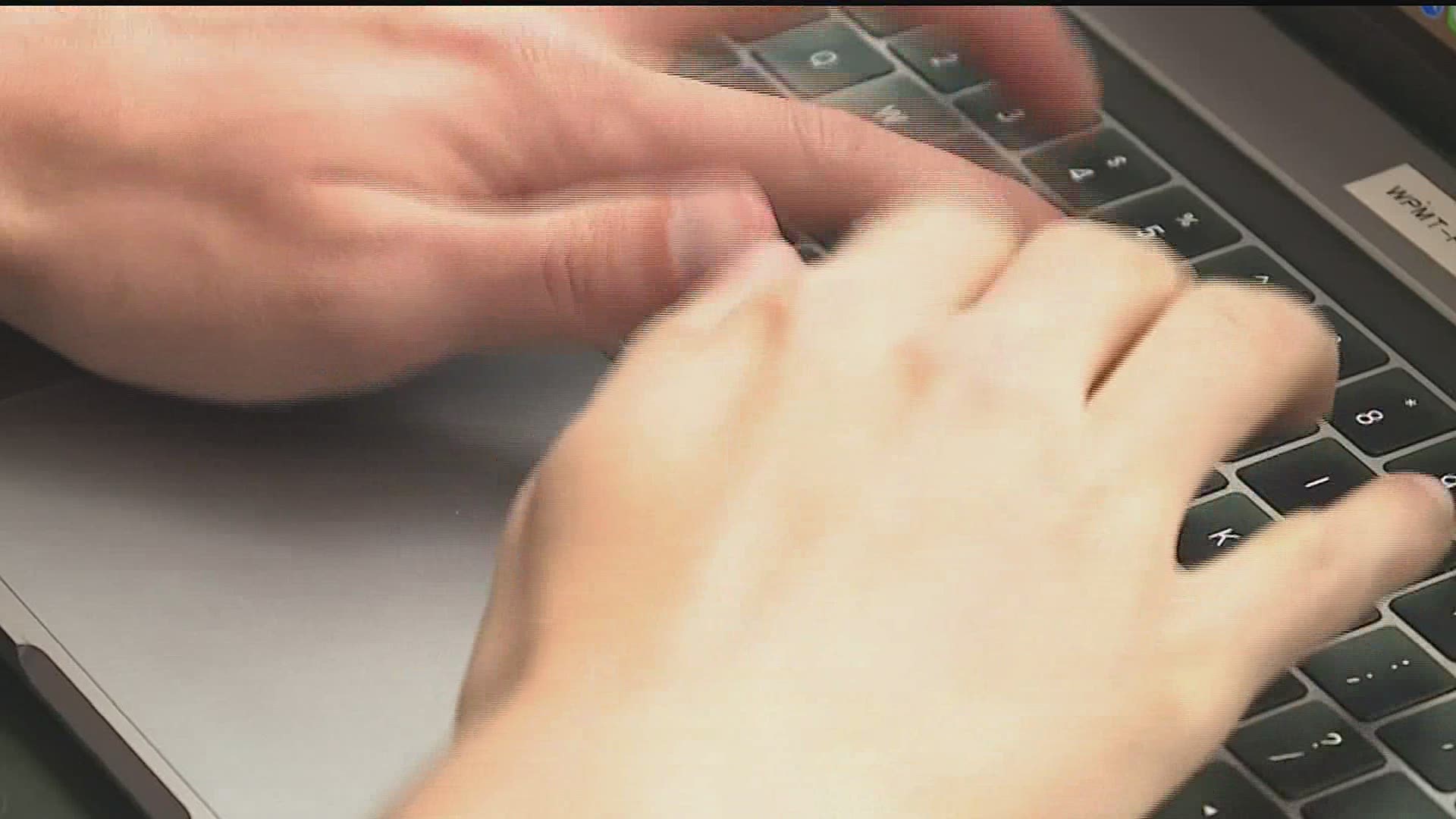HARRISBURG, Pa. — Comments made by some people on social media have led to calls for them to be expelled or fired. However, sometimes actions can be taken against these folks, while others time it can not.
Freedom of speech is a fundamental right, but it has limitations.
"The first amendment is only a protection against governmental action," said R.H. Pohlman, Dickinson University professor. He says, while the First Amendment protects you from being punished by the government for what you say, private school and businesses could take action against you.
"An employer can regulate speech," said Pohlman. "When an employer establishes certain speech regulations, those are not subject to the constitutional freedom of speech."
Freedom of speech has been called into question recently, as many people on social media call for the firing or expulsion of people who have used racial slurs. While in many cases private schools and businesses have taken action, there's been frustration around the lack of action taken by government agencies and publicly funded colleges and universities.
"A state university might be constrained for penalizing a student on the basketball team for something the athlete says that the coach doesn't like, because the state university is a government agency," said Rod Smolla, Widener University Delaware Law Dean.
Smolla says, expressing a racist or homophobic point of view is generally protected by the First Amendment. But, there is a line between free speech and speech that could get you in trouble.
"Inciting violence, or threatening someone based on race or religion, that crosses the line from abstract expression to crime," said Smolla.
Smolla says there are many instances where speech hovers that line and is typically decided in court whether what a person said crossed the line to incite violence or threat.

